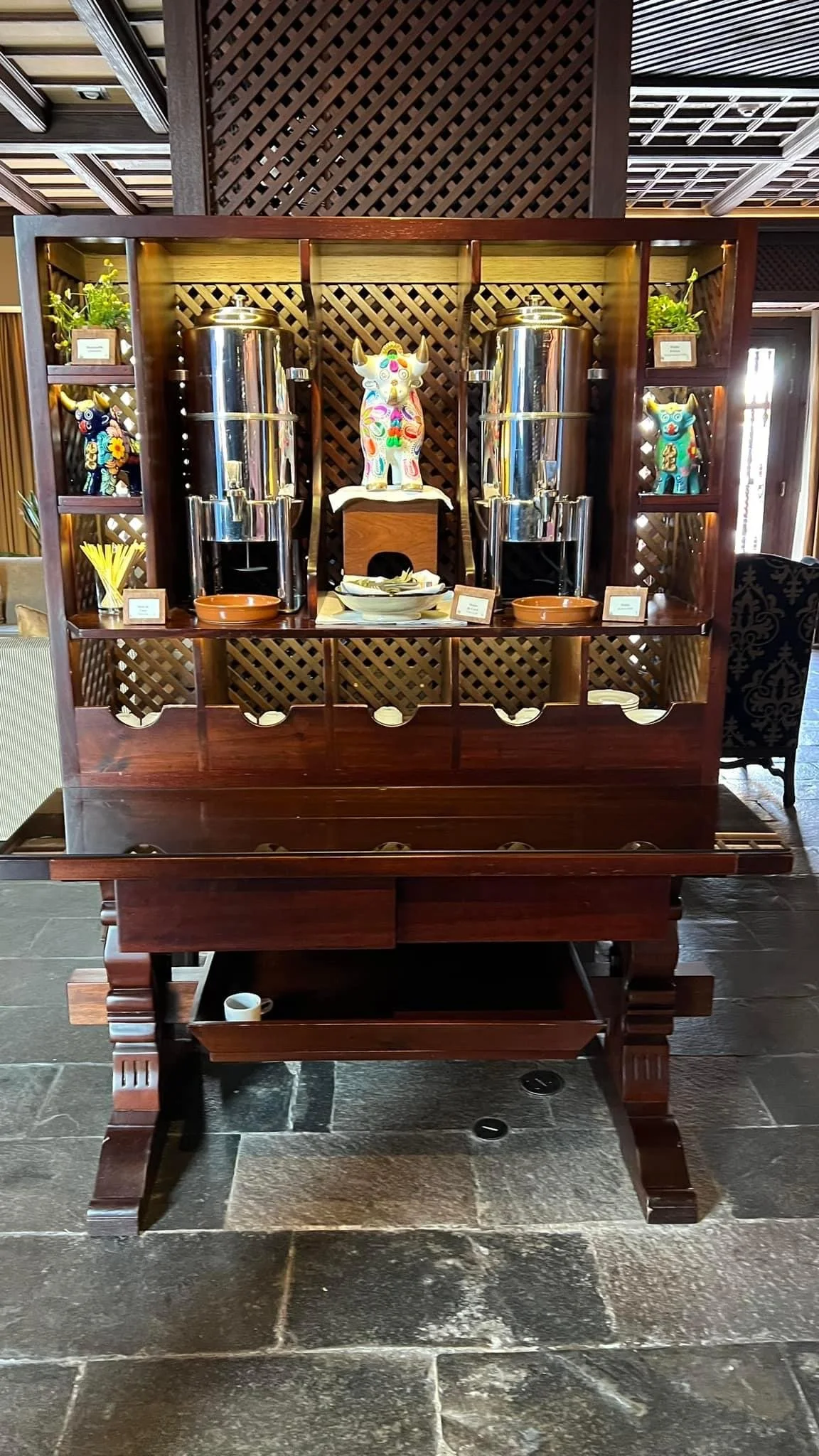This Week in Bridge
(508) 4th Seat Opening Bids
© AiB Robert S. Todd
Level: 5 of 10 (2 of 6) robert@advinbridge.com
General
When the auction starts with three passes, we in the 4th seat are now the decision maker on the hand. We can decide to open the bidding (and try to get a plus score on the hand) or we can decide to pass the hand out and take zero points. That means that if we open the bidding and end up with a minus score, we have made a mistake. Our opening bid options in this position are different than in other positions, based on these options. Here we look at our bidding options and how we use them to try to make sure that we buy the contract at the best level possible – giving us the best chance for a plus score.
Options in the 4th Seat
After three passes we have the option of passing the handout and taking 0 points on the board. So our only reason for opening the bidding is to try to get a plus score.
The Power of ♠
Our best chance of winning the contract at a low level is to have ♠. If we are short in ♠, the opponents are likely going to bid over us and force us to bid a level higher than we would like. This leads us to one of our primary guidelines for opening the bidding in the 4th suit – “The Rule of 15” (I prefer the “Guideline of 15”).
Guideline of 15
We add our number of ♠ to our HCP. If this total is greater than or equal to 15, we open the bidding.
(♠ + HCP >= 15: Open!)
The idea of this is that the longer our ♠, the more we can stretch to open the bidding. The shorter we are in ♠, the more HCP we need to be right to open the bidding.
Note: There also is the consideration of CRIFS (Cohen’s Rule in Fourth Seat), which I like very much. This rule states that if we have a tough decision, we look at our opponents. If they are good, we pass the hand out and take our “average-ish” board. But if we are stronger than they are, we open the bidding and play bridge! A very practical piece of advice!
1-Level Opening Options
When we do decide that we are going to open the bidding, then we need to consider what our opening bidding options are in the 4th seat.
1-Major Opening Bid Options
We can make normal opening bids with game interest.
We can open 4-card Majors with no game interest. This gives us some advantages:
Bidding 1M preempts the opponents (to an extent) from overcalling. This is especially true for a 1♠ opening.
We can pass partner’s 1NT response.
Partner can use Drury to show a good hand immediately.
1-Minor Opening Bid Considerations
If we open 1-minor, we’re usually bidding in the normal way.
1NT Opening Bids
When we are opening in the 4th seat, we can stretch to open 1NT a bit more often than we might in other seats.
Open 1NT with a good 14 to 17 points; we know partner is not bankrupt.
5-card Majors common in our 1NT openings, just like in the other seats.
2-Level Opening Bid Options
In the 4th seat we have different options for the meaning of our opening bids at the 2-level. We don’t preempt the bidding with 2♦, 2♥, or 2♠ in the 4th seat. If we have a weak hand and the auction passes around to us, we simply pass the hand out.
Opening 2♦, 2♥, or 2♠ in 4th Seat
Instead of a weak hand, these opening bids at the 2-level show a 6-card suit, minimum opening bid values, and little to no game interest. That means about 10-13 HCP (occasionally a bad 14 HCP) and not a lot of distribution. By opening the bidding at the 2-level with these hands, we make it more difficult for the opponents to come into the auction and increase the chance of buying the contract there.
If we have a decent hand with a 6-card suit, then we can open the bidding with that suit at the 1-level and rebid that suit at the 2-level.
Example
1♥ 1NT
2♥
This bidding sequence shows a 6-card ♥ suit and some game interest – usually a good 14 to 15 HCP or some shape, like 4-6 in the Majors. With a weaker hand, we would have just opened the bidding 2♥.
Conclusion
Opening the bidding in the 4th seat is the art of “going plus”. You need to decide if you think you can get a plus score by playing the hand. If not, then you should pass the hand out and avoid a negative score. If you do decide to open the bidding, then you have different options than in other seats. Make sure you use these bids to give you the best chance of buying the contract at a level that you can make!

